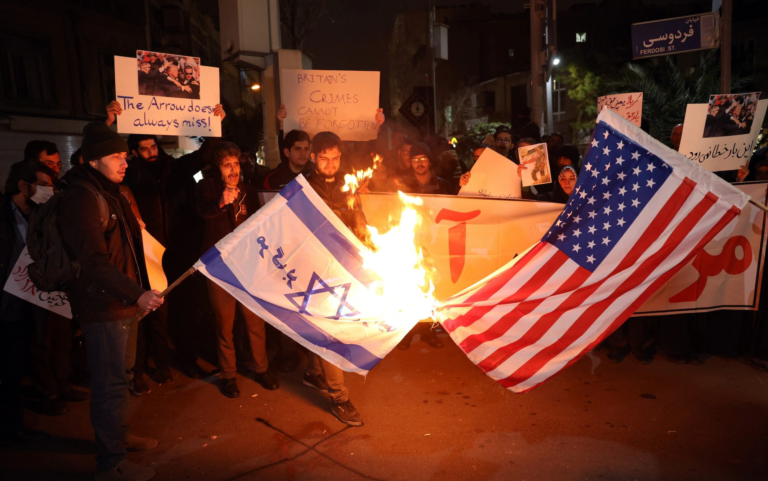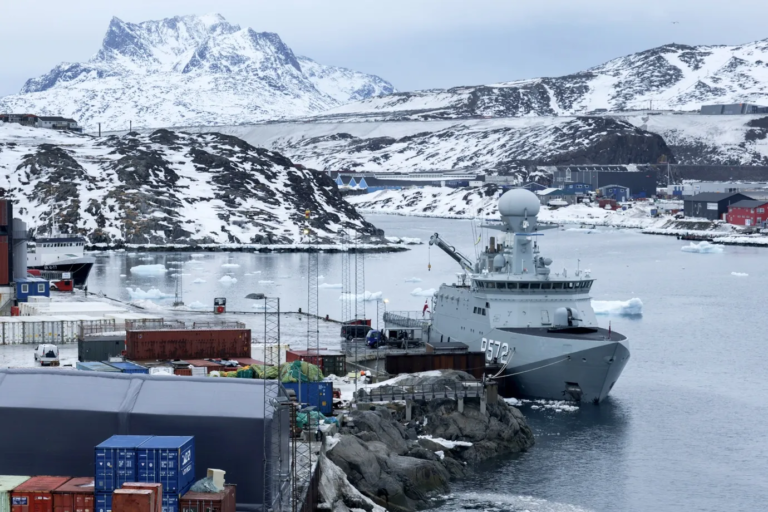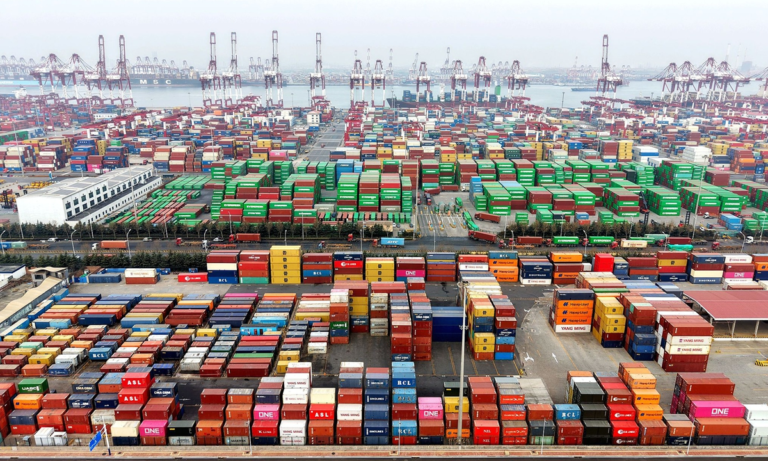
The United States has imposed sanctions on bankers, financial institutions and others accused of laundering cybercrime proceeds to fund North Korea’s illegal nuclear weapons program.
Over the past three years, North Korean malware and social engineering schemes have diverted more than $3 billion, mostly in digital assets, the U.S. Treasury Department’s Office of Foreign Assets Control said in November 2025, noting the sum is unmatched by other foreign actors.
“North Korean state-sponsored hackers steal and launder money to fund the regime’s nuclear weapons program,” said John K. Hurley, Treasury undersecretary for terrorism and financial intelligence.
The agency said North Korea relies on a network of banking representatives, financial institutions and shell companies in China, North Korea, Russia and elsewhere to launder funds gained through worker fraud, cryptocurrency heists and sanctions evasion.
The Treasury Department in 2022 warned U.S. firms against hiring North Koreans who conceal their nationality to gain access to financial networks, often by posing as remote information technology (IT) workers.
The workers, using false documents and stolen identities, take advantage of demand for IT skills to obtain freelance employment from targets in East Asia, Europe and North America, officials in Japan, the Republic of Korea and the U.S. said in August 2025.
The North Korean regime confiscates most of the wages earned by the overseas IT workers, generating hundreds of millions of dollars for its illegal weapons programs. North Korean workers also have clandestinely introduced malware into company networks to steal proprietary and sensitive data, the Treasury Department said. North Korean hackers stole about $659 million in cryptocurrency assets in 2024, officials said.
The new sanctions target eight people and two firms, including North Korean bankers Jang Kuk Chol and Ho Jong Son. They are accused of helping manage funds, including $5.3 million in cryptocurrency, on behalf of sanctioned First Credit Bank.
The United Nations Security Council has adopted resolutions sanctioning the authoritarian regime over its nuclear and missile activities. The sanctions prohibit or limit trade relating to weapons and military equipment, dual-use technologies, industrial machinery, rare-earth minerals, and coal, oil and petroleum products.
North Korean dictator Kim Jong Un has been sending weapons and thousands of troops to aid Russia’s war against Ukraine, heightening concerns over sanctions violations. In return, Moscow is believed to have provided Pyongyang with money, oil and technological assistance for its illicit weapons of mass destruction programs.





